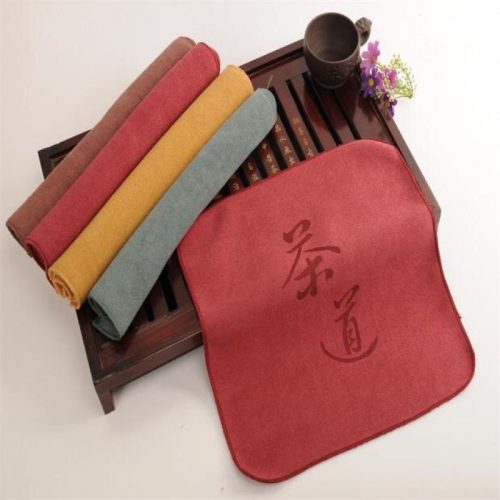The rise of bamboo towels in recent years can be attributed to several factors:
- Sustainability: Consumers are increasingly concerned about environmental impact. Bamboo is a fast-growing, renewable resource that requires minimal water, pesticides, or fertilizers compared to traditional cotton. This eco-friendly aspect appeals to environmentally conscious consumers seeking sustainable alternatives.
- Softness and Comfort: Bamboo towels are known for their exceptional softness and luxurious feel. The fibers are naturally smooth and gentle on the skin, making them popular among individuals with sensitive skin or allergies.
- Absorbency and Quick Drying: Bamboo fibers have high absorbency, making towels made from these fibers efficient at soaking up moisture and drying quickly. This quality is particularly appealing in towels, providing a more comfortable user experience.
- Antibacterial Properties: Bamboo contains natural antibacterial and antimicrobial properties, which can inhibit the growth of bacteria and fungi. This aspect contributes to the hygiene and freshness of the towels, making them appealing to many consumers.
- Durability: Although soft, bamboo fibers can be durable when properly cared for. High-quality bamboo towels can maintain their integrity through multiple washes, providing long-term use and value for consumers.
- Marketing and Consumer Awareness: Brands and manufacturers have increasingly marketed bamboo towels, emphasizing their eco-friendliness and superior qualities. As consumers become more aware of these benefits, the demand for bamboo towels has grown.
As a result of these factors, bamboo towels have gained popularity as a sustainable and high-quality alternative to traditional cotton towels. Their eco-friendly nature, combined with their softness, absorbency, and antibacterial properties, has contributed to their increased presence in the market and appeal to a broad range of consumers.


